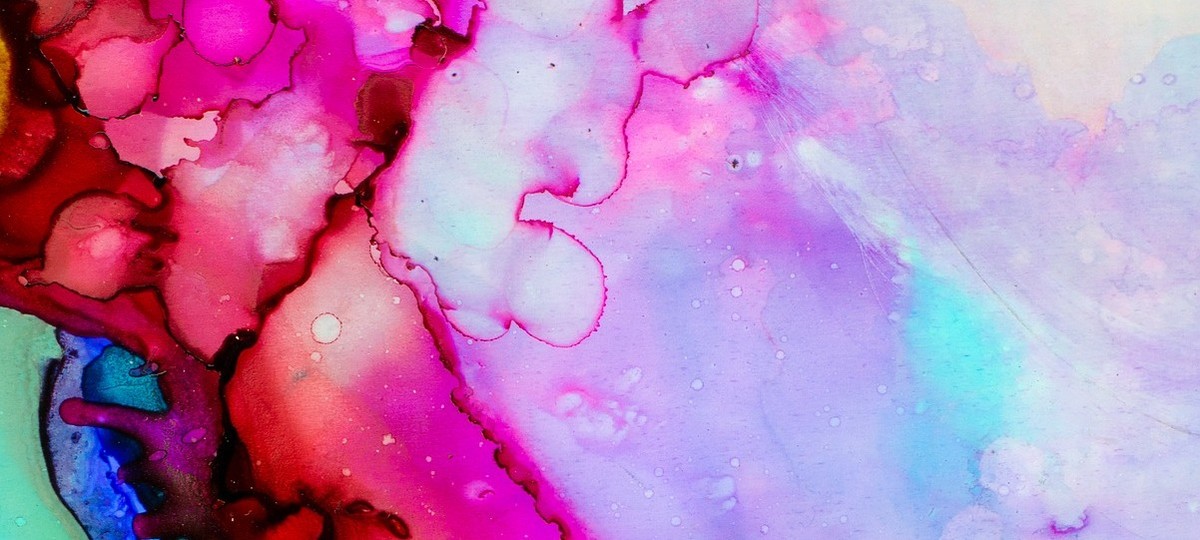
The couple met on the Greek island of Hydra in 1960 and lived there for a time in a small community of expat artists. The film follows the lives of Cohen and Ihlen thereafter through their many separations and (increasingly brief) reunions, and concludes with Ihlen's death from leukemia in July 2016 and Cohen's death just four months later in Los Angeles.
The story is supposed to be touching — and in some ways, it is. But when one removes the soft-focus lens with which we tend to view artists, it is something else altogether.
When Ihlen and Cohen met, she had a baby son, Axel, from a "tempestuous relationship" with Norwegian novelist Axel Jensen. Jensen was determined to cast off "bourgeois conventions" — including fidelity and fatherhood; he abandoned Ihlen and their child. When Ihlen fell in love with Cohen, she sent her son — just a toddler — back to Norway to live with his grandmother. Later, she dragged the child to New York, where Cohen was living a bohemian life in the ramshackle Chelsea Hotel. That stay was brief, as Cohen was more interested in musical friends like Janis Joplin and Joni Mitchell than Ihlen. Ihlen then sent Axel to Summerhill, an experimental boarding school in England. Anthony wrote that Ihlen's son suffered terribly: "The person who most struggled with the dislocation and uncertainty that (Cohen's and Ihlen's) life together brought was Ihlen's son, Axel Jnr. ... (H)e was unmoored and desperate for his mother. As he grew older, he developed psychiatric problems and has subsequently spent a large part of his life in and out of institutions."
Axel was not alone.
Helle Goldman, translator of Ilhen's biography, said: "You have to understand that the kids that stayed on the island became very messed up later. I know some of them. It did not turn out well for them."
Unsurprisingly, many of the adults did not do well, either. "As Broomfield shows in his film, very few of those who gathered on Hydra emerged with either their art enhanced or their lives more sorted," Anthony wrote. "Divorce, suicide and madness were some of the endings that the journey had in store."
Ihlen experimented with I Ching, LSD and Scientology before settling down into an apparently platonic marriage with an engineer. Cohen, for his part, was infamously promiscuous, had numerous relationships, and fathered two children with artist Suzanne Elrod but never married.
This story is utterly unremarkable, at least from the standpoint of looking at artists' lives under a microscope. But what is notable is how willing we are to ignore the ugly consequences of someone's decisions as long as they produce what somebody somewhere considers to be great art.
It is as if the legacy artists leave to society is generally more important than the havoc they wrought: severed relationships, broken hearts, abandoned children, emotional damage and mental illness.
This is not a phenomenon that is unique to our age, by any means. But while Leonard Cohen's work does have a haunting beauty to it, the toleration of ugliness for the sake of great art has taken a very dark turn in our culture — to ugliness for ugliness's sake.
Nowhere is this more evident than with popular music, TV and film.
Former Disney star Zendaya is now starring in the HBO series "Euphoria," whose creators claim is about real teen life today.
Episode one features Zendaya's character, Rue (a drug addict fresh out of rehab), describing her birth in graphic and self-pitying terms. Director Sam Levinson wanted to open with an internal shot of Rue's mother's genitalia during labor — which the network nixed. But there's plenty of other offensive content including full frontal male nudity (a locker room filled with naked high school boys), a transgender love affair, a rape scene and a violent drug overdose.
(Remember when "13 Reasons Why" was cutting-edge? The boundaries have to be pushed yet again.)
Every weekday JewishWorldReview.com publishes what many in the media and Washington consider "must-reading". Sign up for the daily JWR update. It's free. Just click here.
(COMMENT, BELOW)
Laura Hirschfeld Hollis is on the faculty at the University of Notre Dame, where she teaches courses in business law and entrepreneurship. She has received numerous awards for her teaching, research, community service and contributions to entrepreneurship education.


 Contact The Editor
Contact The Editor
 Articles By This Author
Articles By This Author